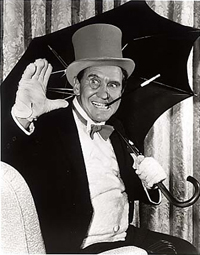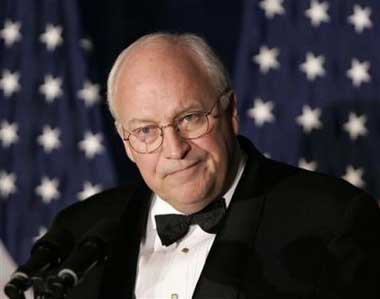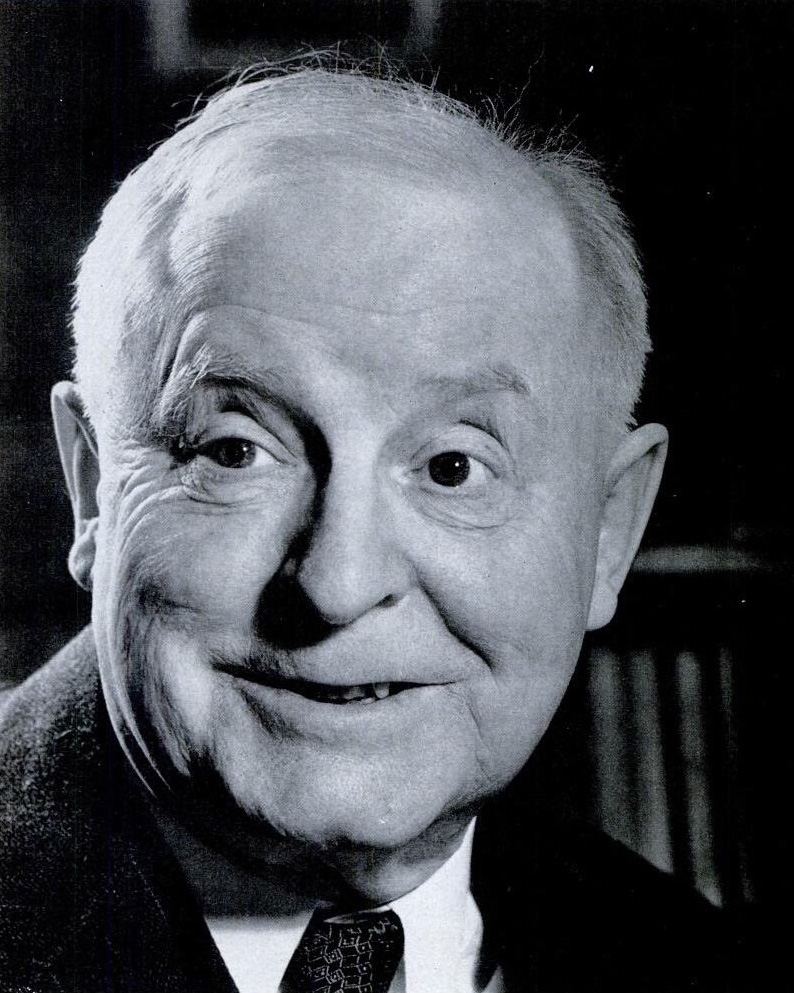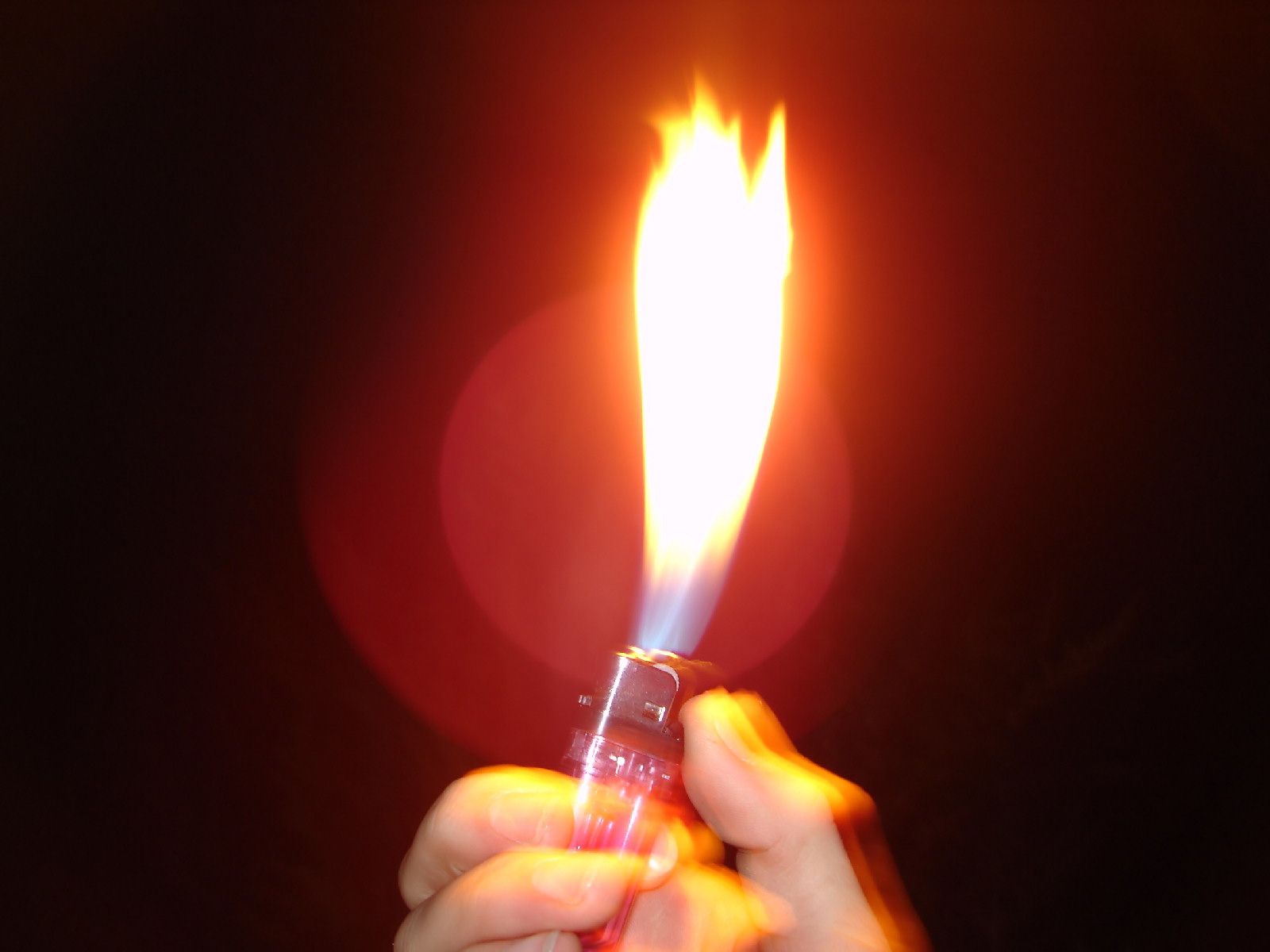 at Salsa Night. The post is worth reading. The main point Warren makes is that modern society is less violent that older societies. He looks at examples of animal cruelty in entertainment (bear bating, cat burning) and some violent sports to demonstrate this idea.
at Salsa Night. The post is worth reading. The main point Warren makes is that modern society is less violent that older societies. He looks at examples of animal cruelty in entertainment (bear bating, cat burning) and some violent sports to demonstrate this idea.I think Warren is right. Violence has been much more commonplace historically than now. But I don't think we need to look as far back as bear-bating to bear the argument out. (Incidentally, the companion sport to bear-bating was bull-bating, and the terms bear market and bull market actually derive from these sports because a bear would swipe down at a pack of hounds, while a bull would buck up to throw the dogs, but I digress.) Our own history, even fairly recent history is much more violent than most Americans probably know.
We all know the Civil War was bloody. But we are for the most part ignorant of the culture of violence that produced the Civil
 War and that was rampant throughout the South and on the frontier. Perhaps the most salient example is Bleeding Kansas. For about 5 or 6 years beginning in 1854, slave-state Missourians free-state settlers from the east clashed at the polls and on the field. The problems started with the compromise of 1854 which set aside the Missouri compromise and established that slavery in the territories of Kansas and Nebraska would be decided by the settlers rather than by the Senate. Kansans were mostly free-staters, so slavery-favoring politicians in Missouri incited mobs of Missourian "border ruffians" to cross over into Kansas, illegally vote at the point of the bowie knife, and take over the polls, blocking free-staters from voting. The Missourian plan worked, and a bogus pro-slavery government was established. The free-staters refused to recognize the illegally cast votes and established their own government. For a time, Kansas had two rival governments and armed militias on both sides regularly raided the seats of each. The federal government vacillated its support between the two Kansas legislatures.
War and that was rampant throughout the South and on the frontier. Perhaps the most salient example is Bleeding Kansas. For about 5 or 6 years beginning in 1854, slave-state Missourians free-state settlers from the east clashed at the polls and on the field. The problems started with the compromise of 1854 which set aside the Missouri compromise and established that slavery in the territories of Kansas and Nebraska would be decided by the settlers rather than by the Senate. Kansans were mostly free-staters, so slavery-favoring politicians in Missouri incited mobs of Missourian "border ruffians" to cross over into Kansas, illegally vote at the point of the bowie knife, and take over the polls, blocking free-staters from voting. The Missourian plan worked, and a bogus pro-slavery government was established. The free-staters refused to recognize the illegally cast votes and established their own government. For a time, Kansas had two rival governments and armed militias on both sides regularly raided the seats of each. The federal government vacillated its support between the two Kansas legislatures.During this time it was not uncommon for partisans of both groups to murder each other on the slightest provocation (or none at all) often cutting off limbs, hands, fingers, ears, slashing faces, and otherwise mutilating and defacing their dead enemies. Similar depredations had been experienced by Mormons at the hand of Missouri mobs a decade earlier. A Boston woman visiting Kansas in 1855 wrote home about the unprovoked murder of a local free-state man: "The border Missourians are a horseback people; always off somewhere; drink a great deal of whiskey, and are quite reckless of human life. . . .To shoot a man is not much more than to shoot a buck." (1) The unwritten code in the South was that "killing was all right if any prior threat had occurred. Sneak attack, attack from ambush, attack on the unarmed or even the sleeping, attack on one by several did little to detract from the honor of these public. . . murders." (2)
And these acts of violence were not limited to low-life border scum. Kentuckian Senator Henry Clay, the great compromiser, fought in two duels and his reputation remained intact. President Andrew Jackson once killed an opponent in a duel and assaulted another opponent with a gun and a knife. (3) In 1856,
 Charles Sumner was famously caned---savagely beaten with heavy gold head of a cane---by South Carolina Representative Preston Brooks because of a perceived insult to a distant relative. The family feud was common in the antebellum South (and though not common, survived even into the post-bellum South). According to Mark Twain's Buck Grangerford, "a feud is this way: a man has a quarrel with another man, and kills him; then that other man's brother kills him; then the other brothers, on both sides goes for one another; then the cousins chip in---and by and by everybody's killed off, and there ain't no more feud." (4) Sumner, attacked by surprise, was blinded by his own blood and became trapped under his desk. Brooks continued to beat Sumner until he ripped the desk out of the floor, staggered up the aisle and collapsed, unconscious. Brooks walked up the aisle and resumed beating the unconscious Sumner until he broke his cane and then quietly left the chamber. Sumner's blood was smeared around his desk and lay in a pool on the floor. (5)
Charles Sumner was famously caned---savagely beaten with heavy gold head of a cane---by South Carolina Representative Preston Brooks because of a perceived insult to a distant relative. The family feud was common in the antebellum South (and though not common, survived even into the post-bellum South). According to Mark Twain's Buck Grangerford, "a feud is this way: a man has a quarrel with another man, and kills him; then that other man's brother kills him; then the other brothers, on both sides goes for one another; then the cousins chip in---and by and by everybody's killed off, and there ain't no more feud." (4) Sumner, attacked by surprise, was blinded by his own blood and became trapped under his desk. Brooks continued to beat Sumner until he ripped the desk out of the floor, staggered up the aisle and collapsed, unconscious. Brooks walked up the aisle and resumed beating the unconscious Sumner until he broke his cane and then quietly left the chamber. Sumner's blood was smeared around his desk and lay in a pool on the floor. (5)Since we Americans are cursed with historical Amnesia, it helps to be reminded how recent the civil war really was. At the time of the First World War, the Civil War was as recent as the Second World War is to us. As late as 1932, a Civil War combat veteran was serving on the Supreme Court.
I think Warren is right that we commit as a society fewer acts of savage violence than earlier generations. However, I wonder at our entertainment. While it is true, as Warren points, out, that medieval societies enjoyed violence as entertainment, and that we could look farther back to Nero's treatment of Christians in the coliseum for even more gruesome examples, there isn't much in American history in the way of a public spectacle that people would pay to see that compares with, say, 300 or Gladiator. Even more disturbing is the fact that often our entertainment violence is participatory rather than just a spectator sport. The games we play put us in the position not of watching violence, but actually committing it in fantasy.
Another variable in the equation is today's increased capacity to inflict harm. The savageries of Bleeding Kansas saw men hack each other to death with sabers and bowie knives, but today one deranged man can kill scores before he is apprehended or takes his own life. It is this combination of fantasy violence and technological capacity to kill that makes contemporary American violence so disturbing.
Notes:
(1) Hannah Anderson Ropes, Six Months in Kansas, Boston: John P. Jewwtt, 1854., see ch. 4
(2) D. Grimsted, American Mobbing, Oxford U Press, 2003., pp. 91-92.
(3) D. S. Reynolds, John Brown, Abolitionist, NewYork: Knopf, 2005., p. 160.
(4) M. Twain, The Adventures of Huckleberry Finn, 1885, New York: Norton, 1977., p. 89.
(5) Reynolds, supra, p. 159.


























